
✨ A Young Innovator’s Global Impact: Rachel Brouwer’s Solar Water Purifier Offers Hope to Underserved Communities
From the quiet community of Bedford, Nova Scotia, comes an inspiring story that serves as a powerful testament to the fact that age is no barrier to world-changing innovation. At the astonishingly young age of only 11 years old, Rachel Brouwer identified a critical global health crisis—the lack of access to clean drinking water—and engineered a solution that has since garnered international acclaim and, more importantly, is already saving lives.
Rachel's invention is a solar-powered water purifier designed to eliminate harmful bacteria, leveraging a fundamental and widely available resource: ultraviolet (UV) light. This concept, known as Solar Water Disinfection (SODIS), is not entirely new, but Rachel’s contribution lies in her brilliant, practical enhancement that elevates the device from a scientific concept to a truly deployable tool for remote communities.
The Innovation: Safety Through Simplicity
The core of Rachel's invention is its two-part efficacy. The primary purification mechanism uses UV radiation from the sun to kill pathogens like E. coli and Vibrio cholerae. However, the challenge with traditional SODIS methods is that users cannot determine if the water has been exposed to sufficient sunlight to become safe. Without a simple indicator, the process remains risky.
This is where Rachel’s ingenuity shone brightest: she added a brilliant wax indicator that changes color when the water has received the necessary amount of UV light. This simple, visual signal removes all guesswork. When the wax indicator shifts color, it provides undeniable proof that the water is safe to drink, making the technology both highly effective and incredibly easy to use by individuals with varying levels of literacy or technical training in underserved global communities. Her focus on user-friendliness underscores a deep understanding of real-world deployment challenges.
Global Acclaim and Lasting Recognition
The impact of Rachel’s work was immediate and meteoric, demonstrating that the scientific community recognized the elegance and utility of her design. Her invention quickly drew attention within Canada, winning her a gold medal at Canada’s national science fair. The recognition soon transcended national borders, earning her top honors at the International Science and Engineering Fair (ISEF), one of the world's most competitive pre-college science competitions.
Perhaps the most enduring recognition of her profound contribution to humanitarian science reached far beyond Earth: an asteroid now bears her name—a celestial honor recognizing the universal significance of her work. This unique blend of scientific and humanitarian recognition highlights the extraordinary scope of her achievement.
Real-World Deployment and Humanitarian Impact
Rachel Brouwer’s purifier is more than a trophy-winning project; it is a functioning solution that has been rigorously tested and deployed in developing nations. The purifier has demonstrated its efficacy in regions facing severe water scarcity and contamination issues, including Kenya, Uganda, and Pakistan.
By offering a low-cost, sustainable, and easily maintainable method, her work directly supports the UN Sustainable Development Goal 6 (Clean Water and Sanitation). It helps underserved communities gain access to something many in the developed world take for granted: clean drinking water. Her invention mitigates the immense burden of waterborne diseases, freeing up resources, improving child health metrics, and allowing children to spend more time in school rather than being ill or fetching water.
Rachel Brouwer’s story is far more than a tale of young talent; it is a powerful reminder that the most significant innovations often stem from compassionate observation and the simple, yet profound, desire to solve a real-world problem. Her journey proves that innovation can indeed start in a child’s mind and grow to change the world.
📚 References
-
Science Fair Organizations (e.g., Youth Science Canada, Intel ISEF): (Official records documenting Rachel Brouwer's awards and project details).
-
Reputable Canadian News Outlets (e.g., CBC News, The Globe and Mail): (Coverage detailing her initial win and subsequent international recognition).
-
UNICEF/World Health Organization (WHO) Water and Sanitation Reports: (Provides context on the global crisis of contaminated water and the need for simple, sustainable solutions like SODIS).
-
Academic Journals on Appropriate Technology or Water Sanitation: (Articles discussing the efficacy and deployment challenges of solar water disinfection (SODIS) technology).
News in the same category

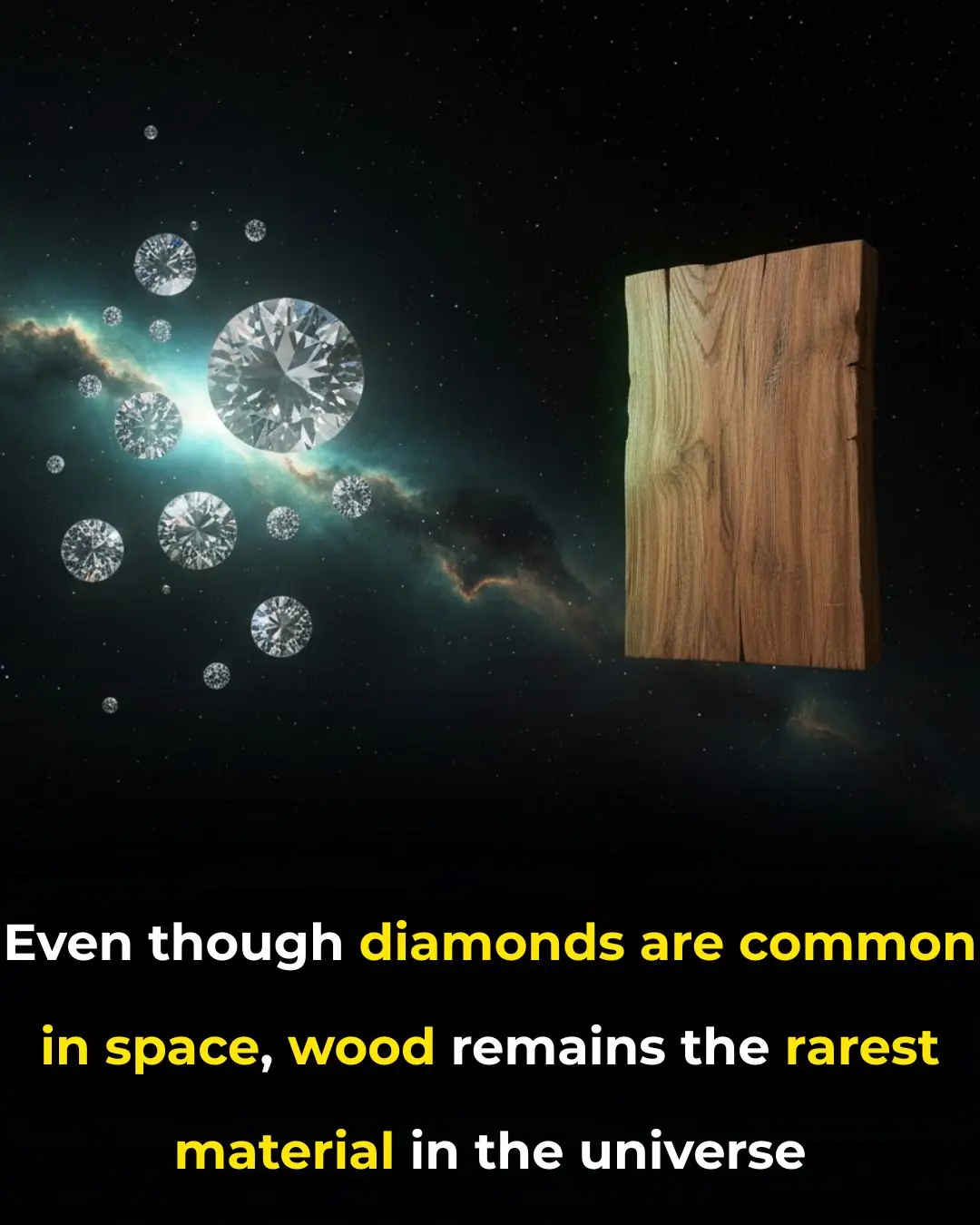
Wood vs. Diamonds: The Cosmic Rarity of Life's Fingerprint
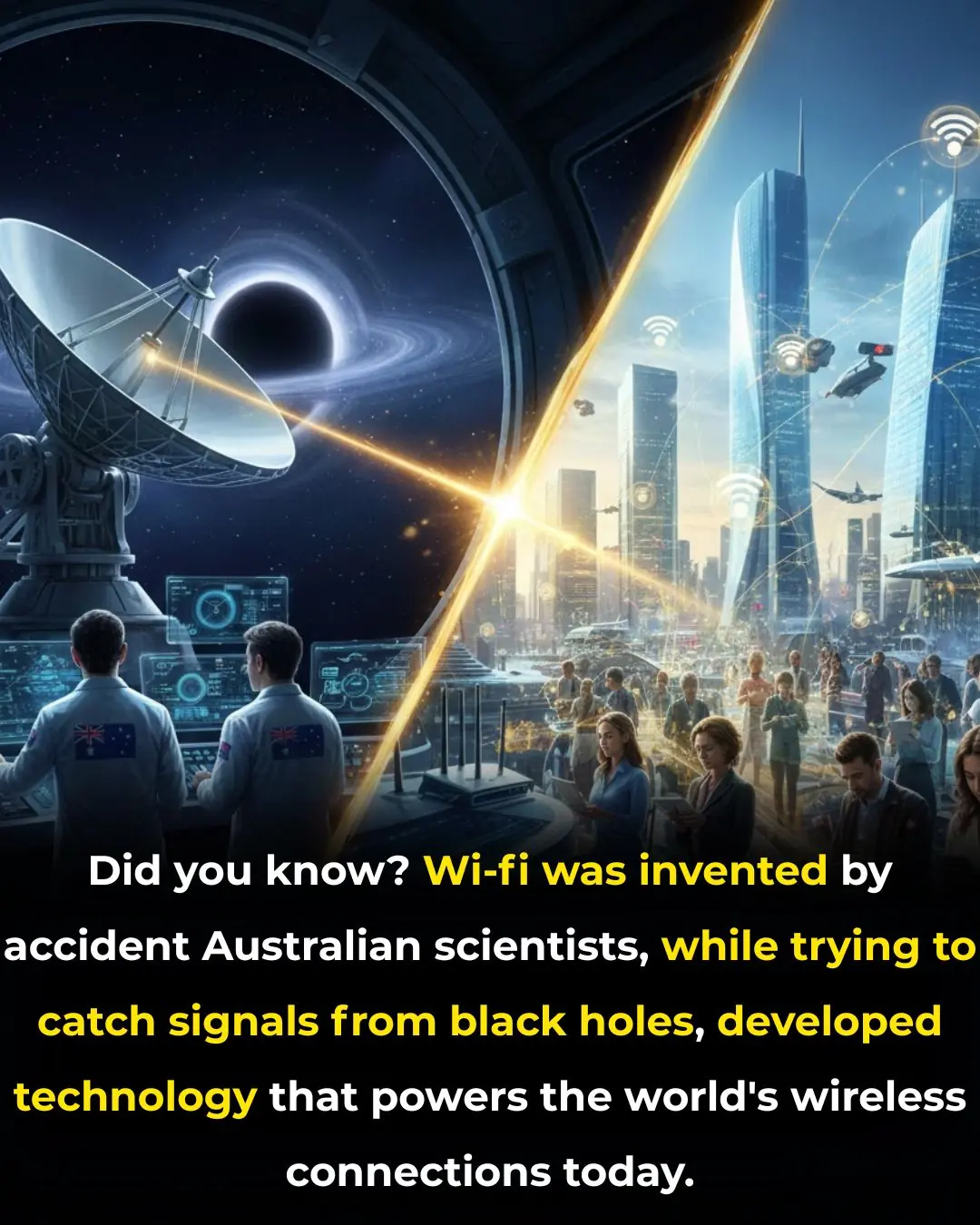
🌌 An Accidental Revolution: How the Search for Black Holes Led to the Invention of Wi-Fi

📈 The $5 Trillion Threshold: NVIDIA Becomes the World’s Most Valuable Company, Reshaping Global Economic Influence
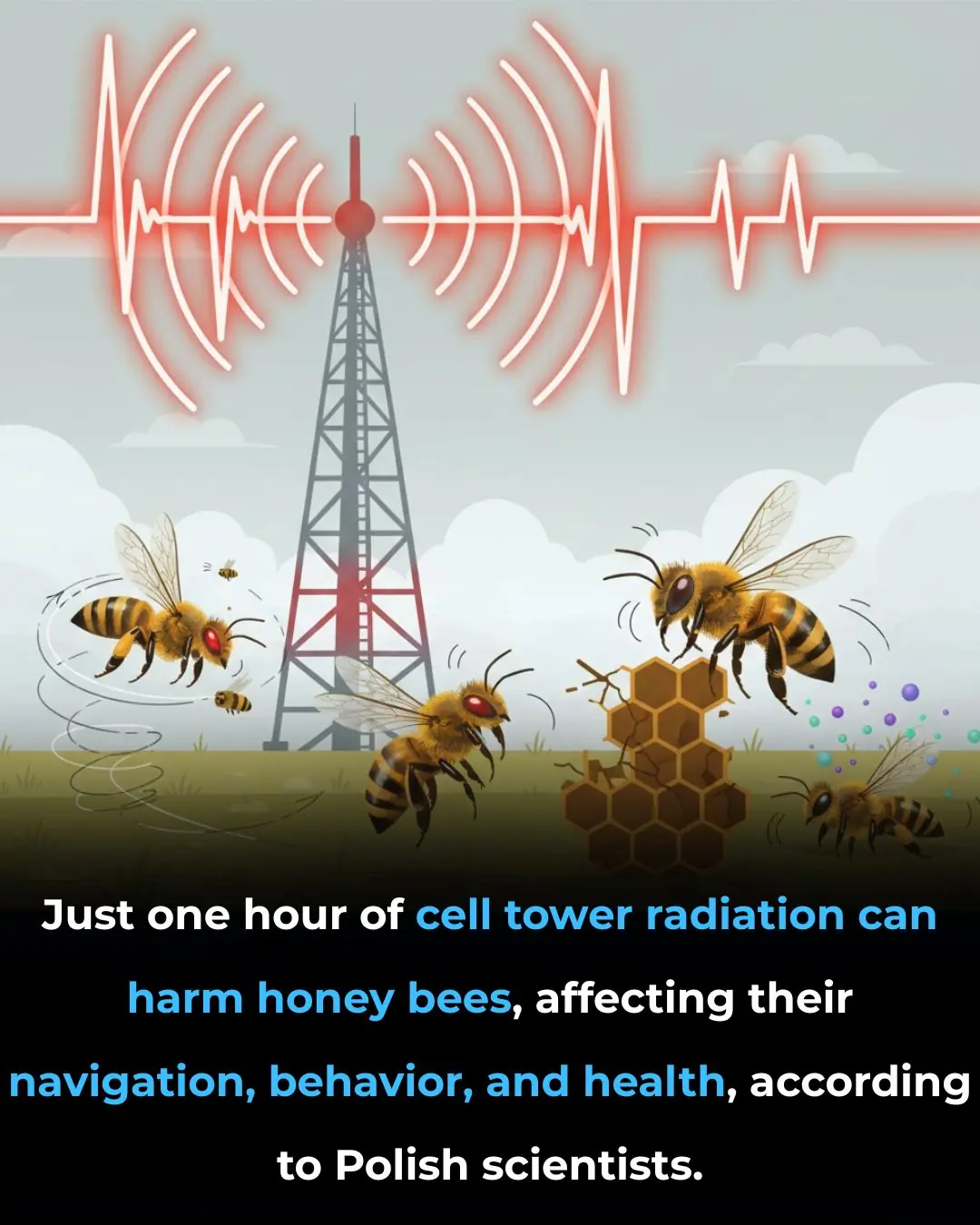
🐝 The Silent Threat: Research Links Cell Tower Radiation to Harmful Effects on Honey Bee Health
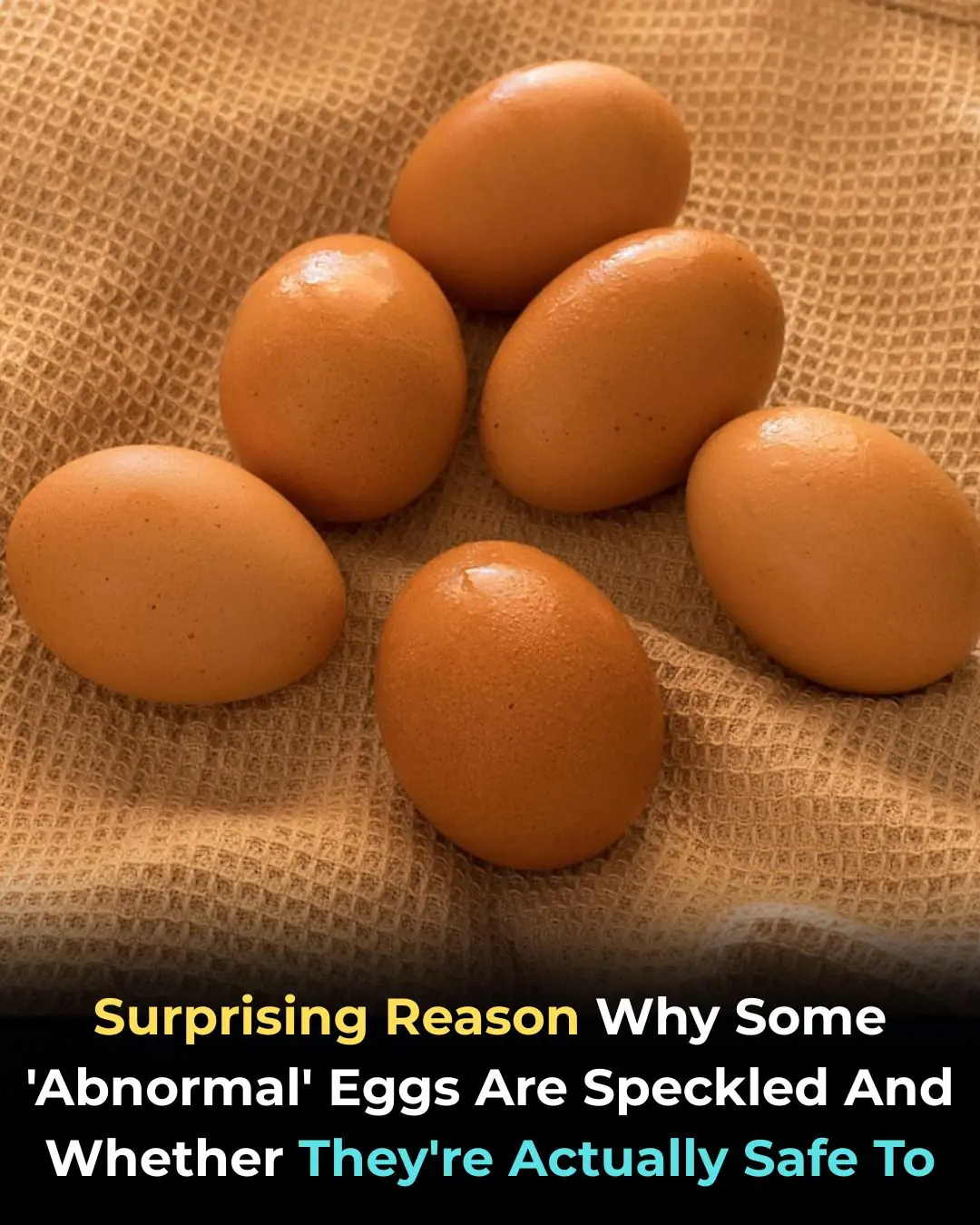
Why Some Eggs Are Speckled

What Are the “Black Triangles” Between Your Teeth
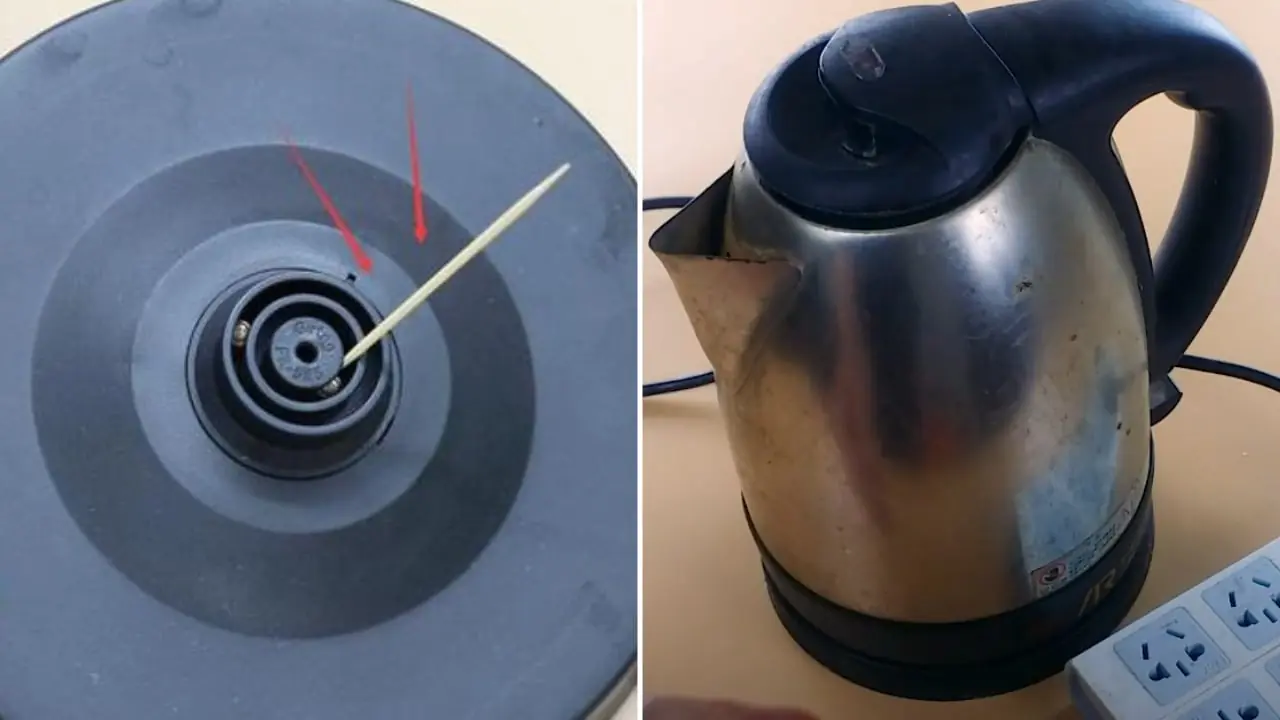
Inserting a toothpick into this exact spot on the electric kettle has an amazing effect — a useful trick everyone should know
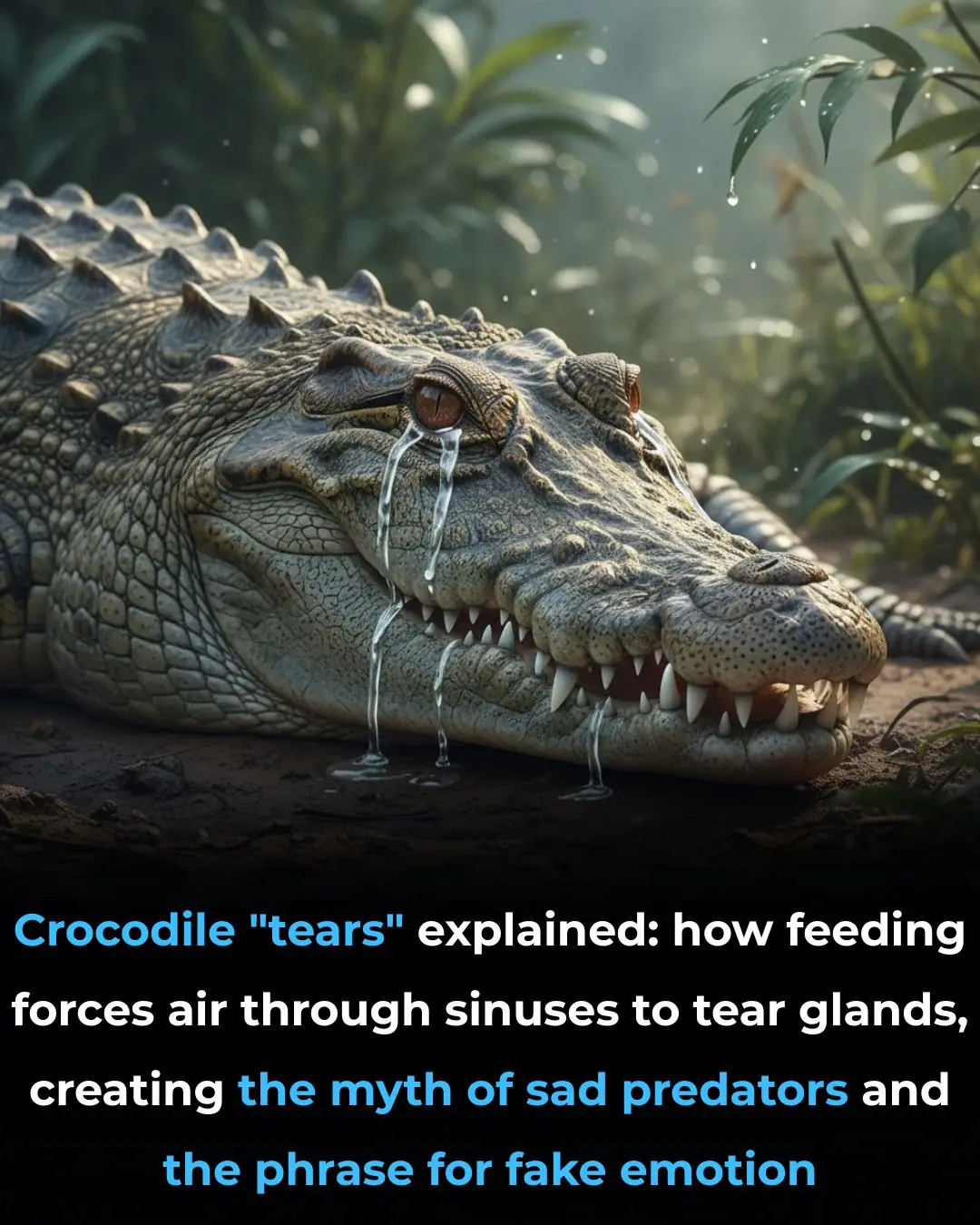
Crocodile Tears Explained: From Natural Reflex to Cultural Legend

Millions Travel Nationwide for a Nostalgic and Festive Thanksgiving Weekend
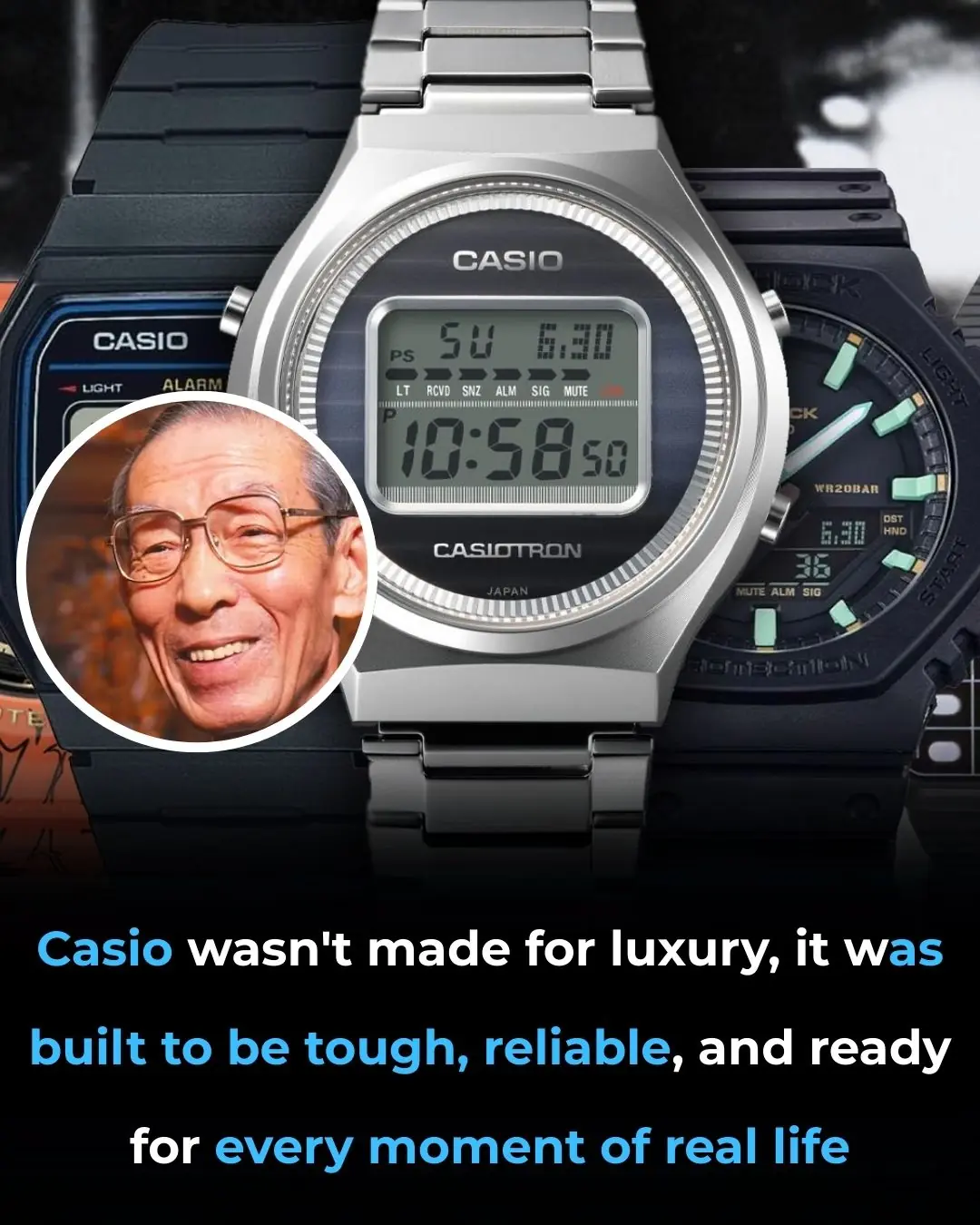
⌚ The Unassuming Icon: Casio’s Enduring Philosophy of Utility Over Luxury
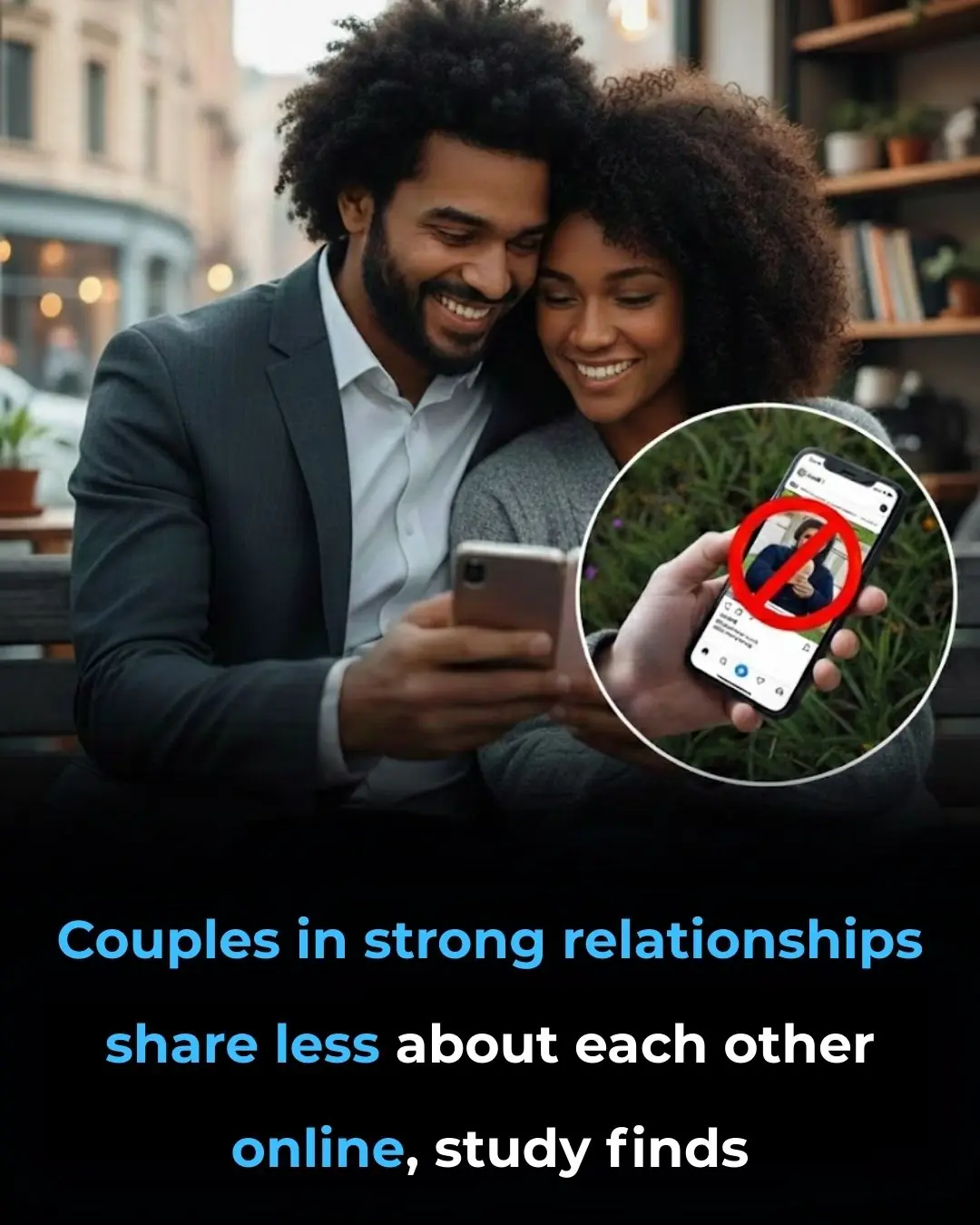
🤫 The Quiet Confidence: Why Healthy, Stable Couples Post Less on Social Media

Kamala Harris Sparks National Conversation on Lowering the Voting Age
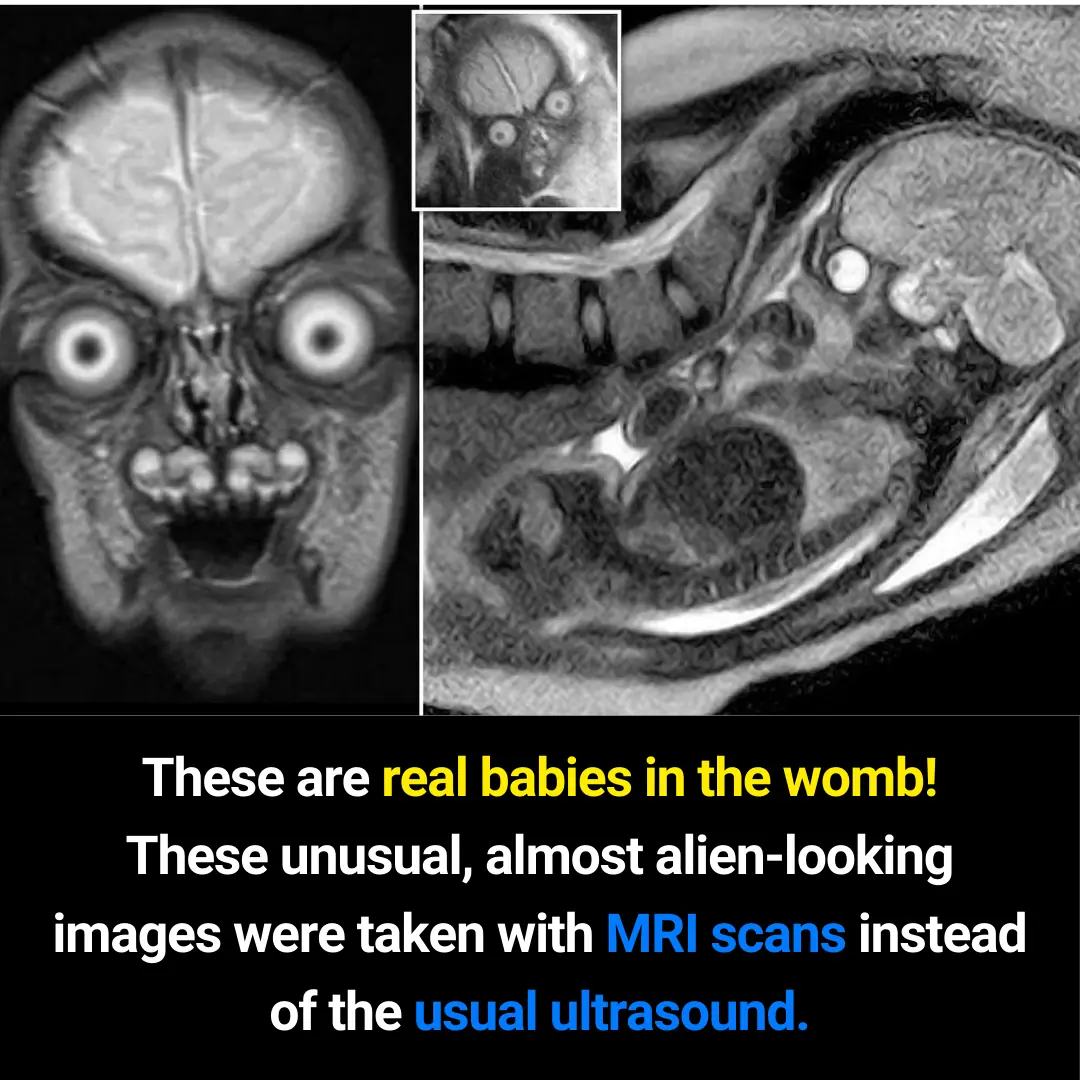
🧠✨ Stunning MRI Images Reveal the Hidden World of Babies in the Womb
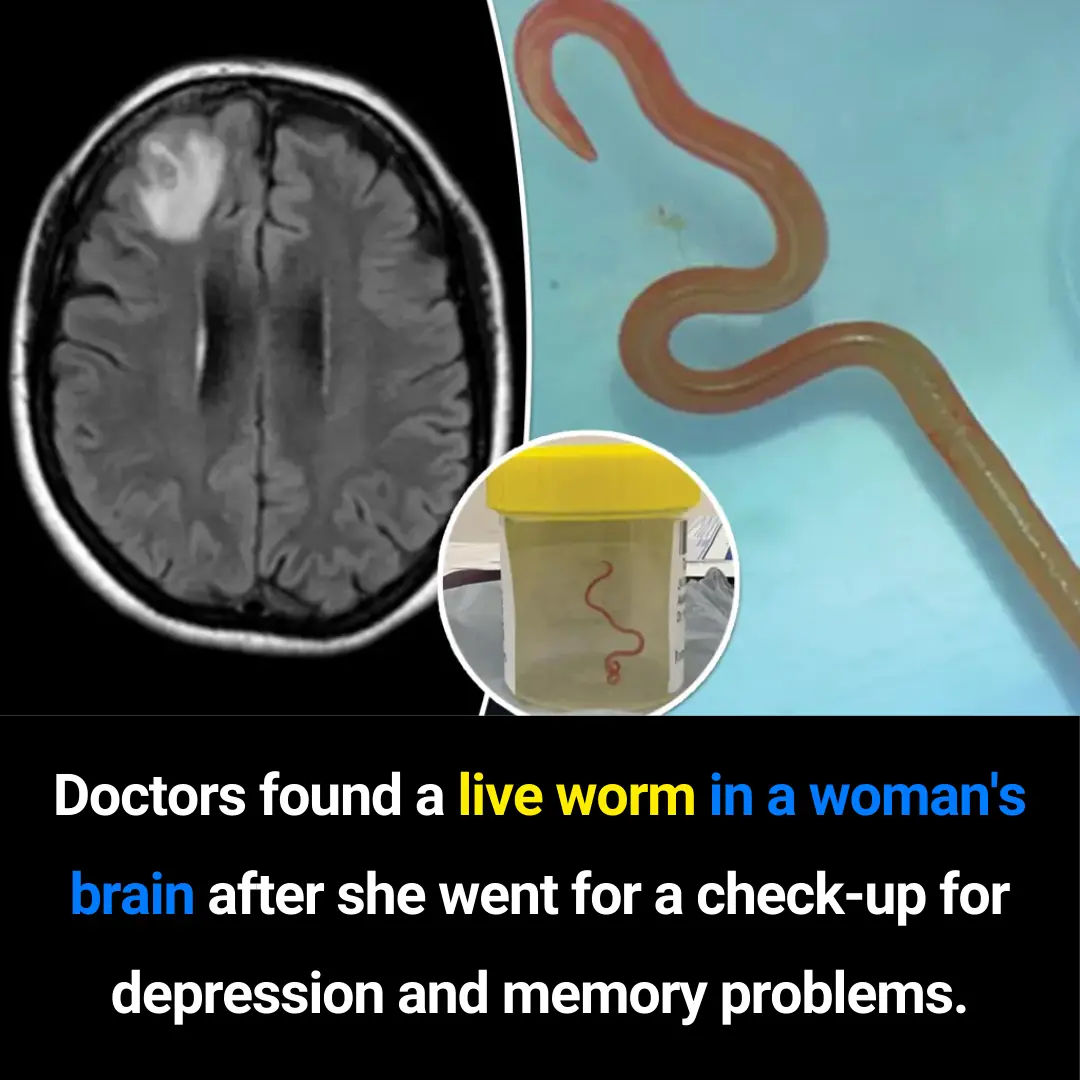
Doctors Discover First-Ever Live Worm Found in a Human Brain: A Historic Medical Case in Australia
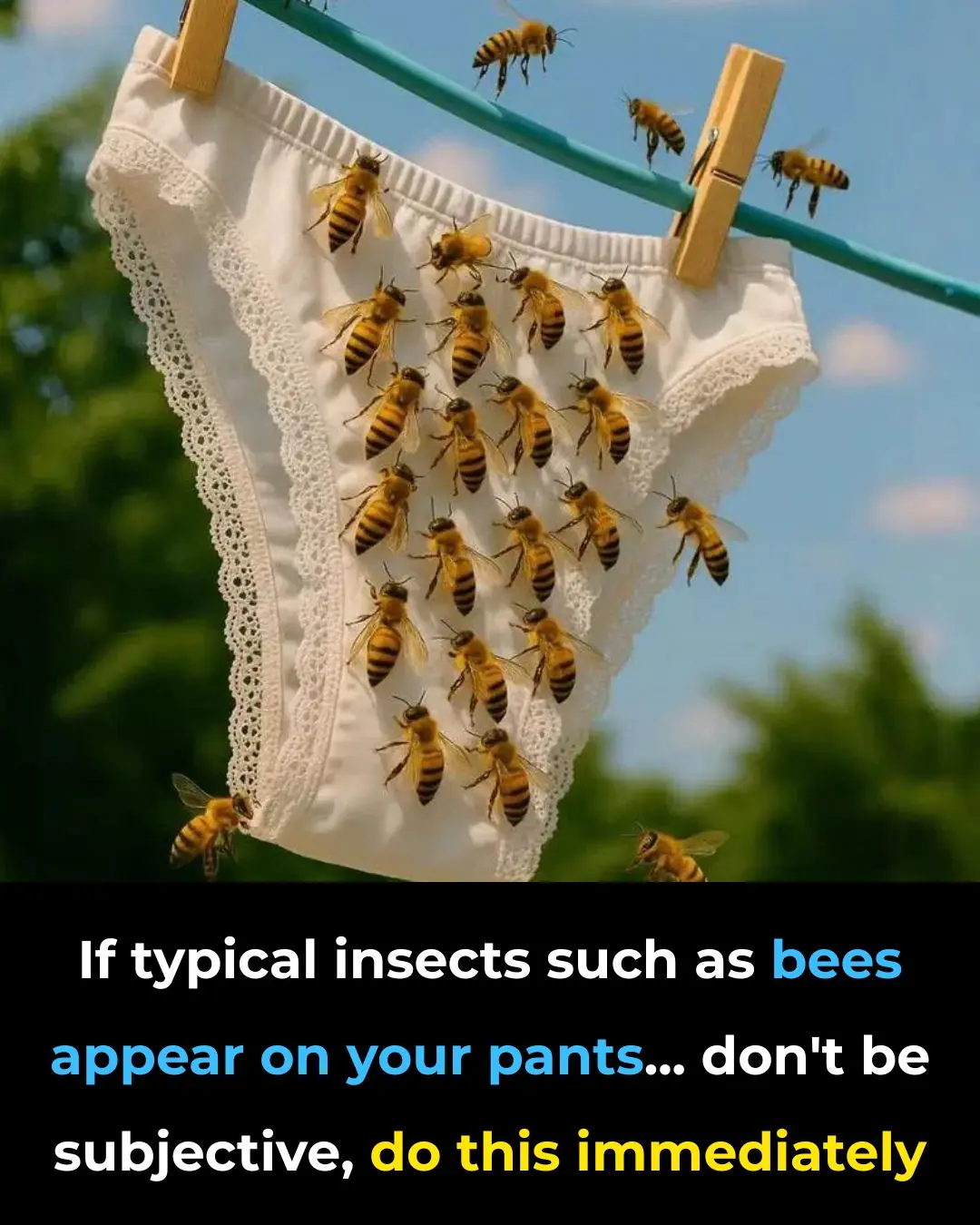
Why Bees Land on Fresh Laundry: Understanding Their Attraction and How to Prevent It

What Are the “Black Triangles” Between Your Teeth
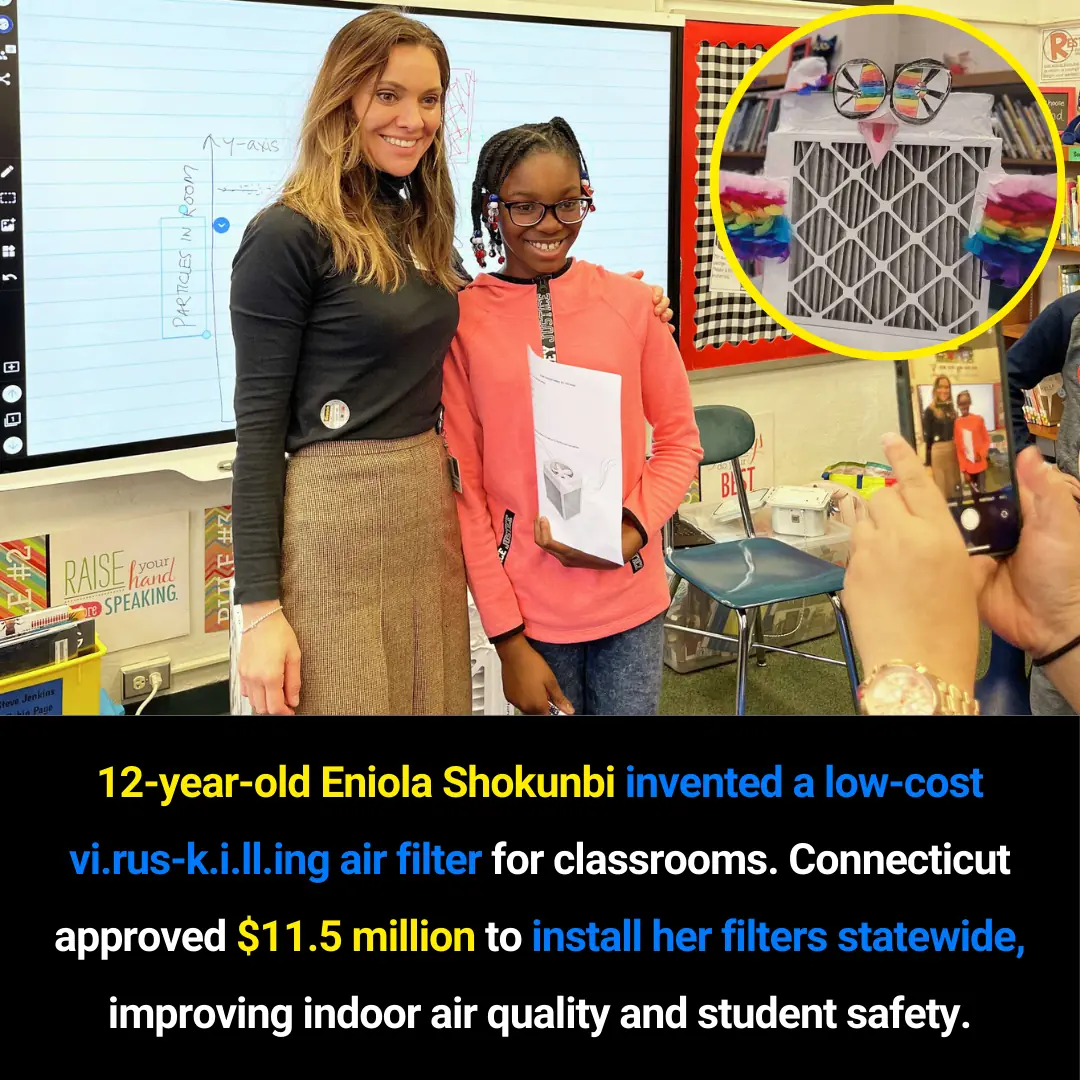
12-Year-Old Innovator Creates Low-Cost Virus-Removing Air Filter Adopted Across Connecticut

Billionaire Judy Faulkner, 82, Commits to Giving Away 99% of Her $7.8B Fortune
News Post

Recreating a Legacy: Ruben Flowers Joins His Father as Co-Pilot on Captain Flowers’ Final Southwest Airlines Flight

Wood vs. Diamonds: The Cosmic Rarity of Life's Fingerprint

Local Washington State Park Changes Name Meaning To Honor Rosa Franklin, The States First Black Woman Senator
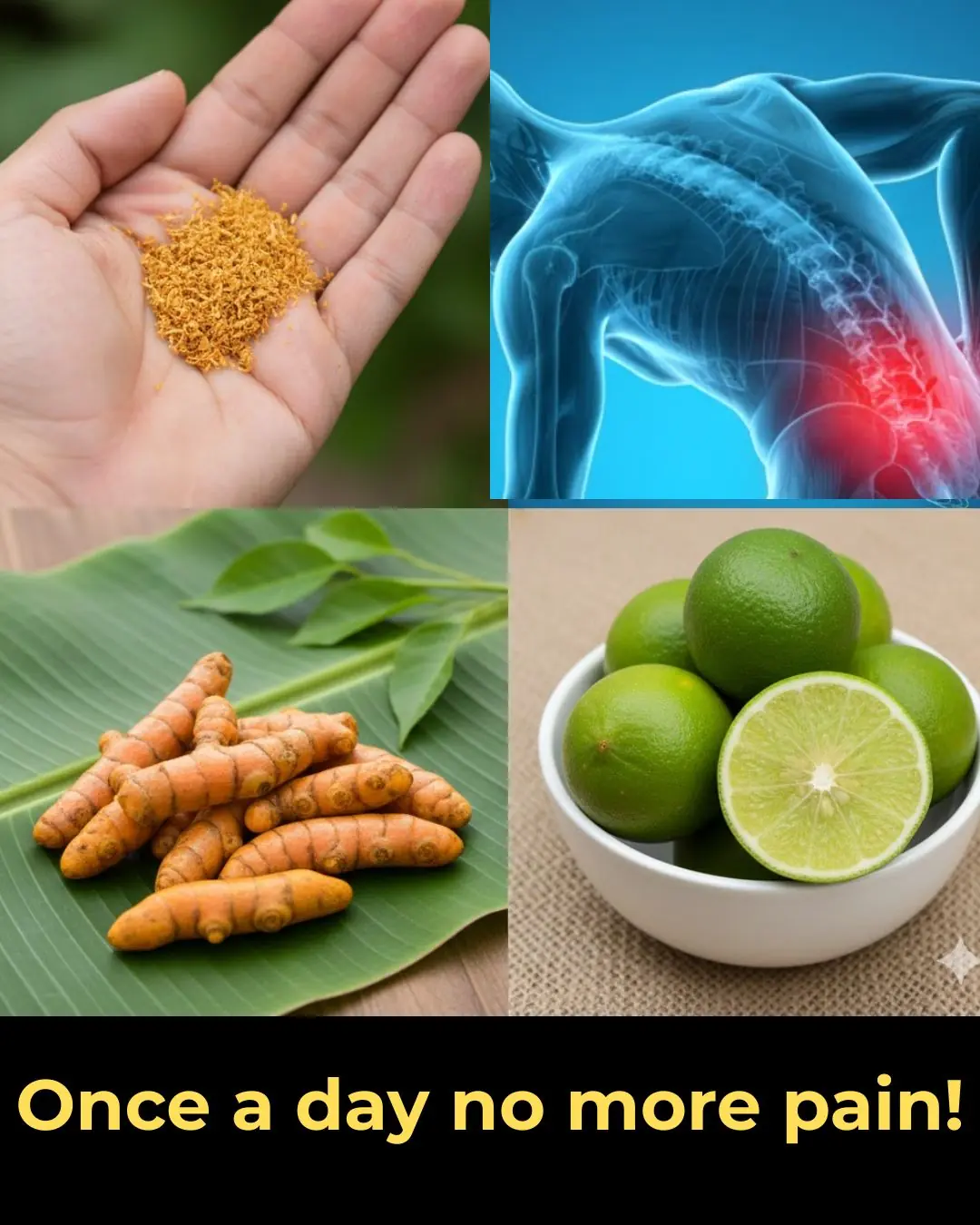
THIS SEED: AFTER 50, IT STRENGTHENS BONES & CURES ALL PAINS
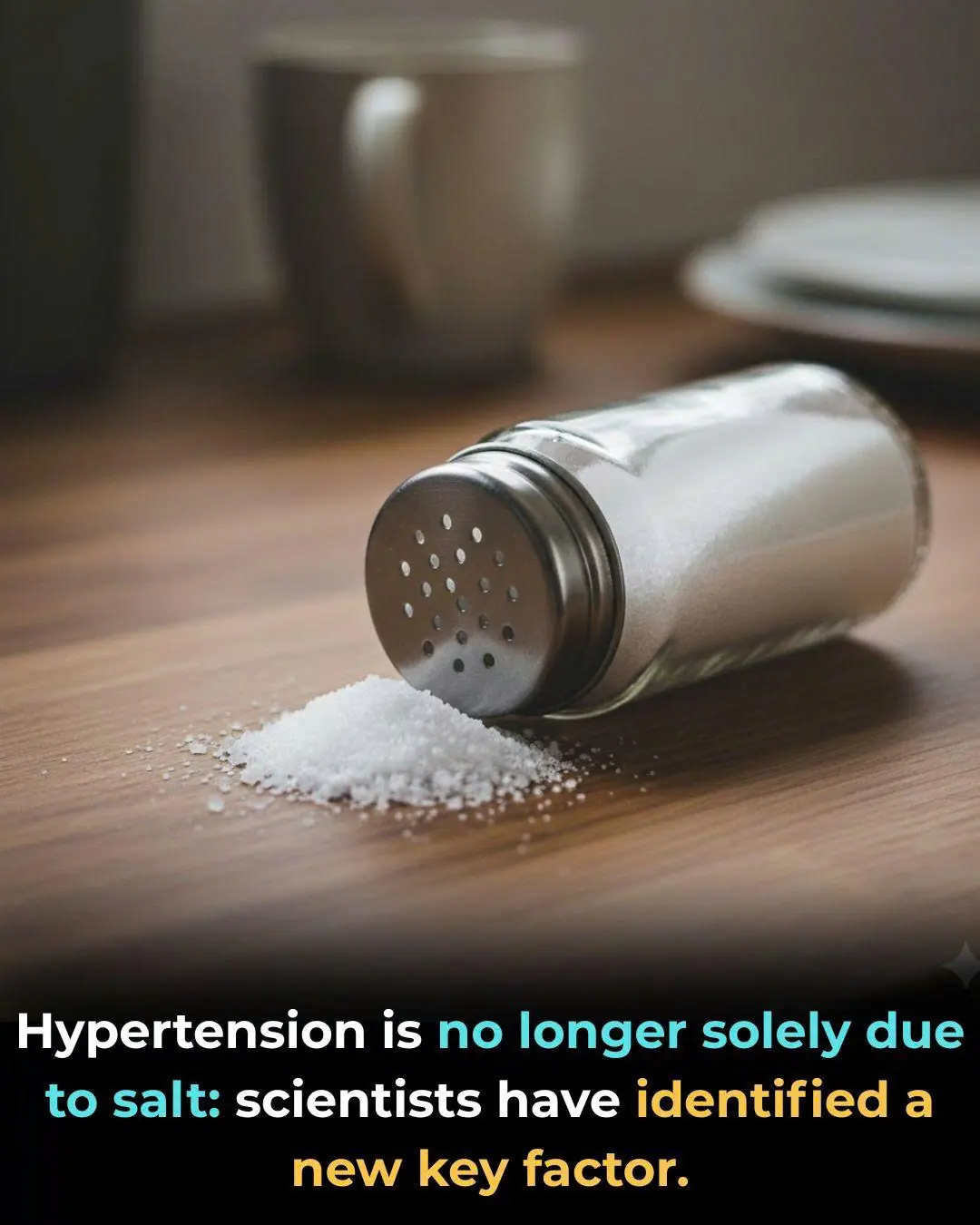
High Blood Pressure Has a New Culprit
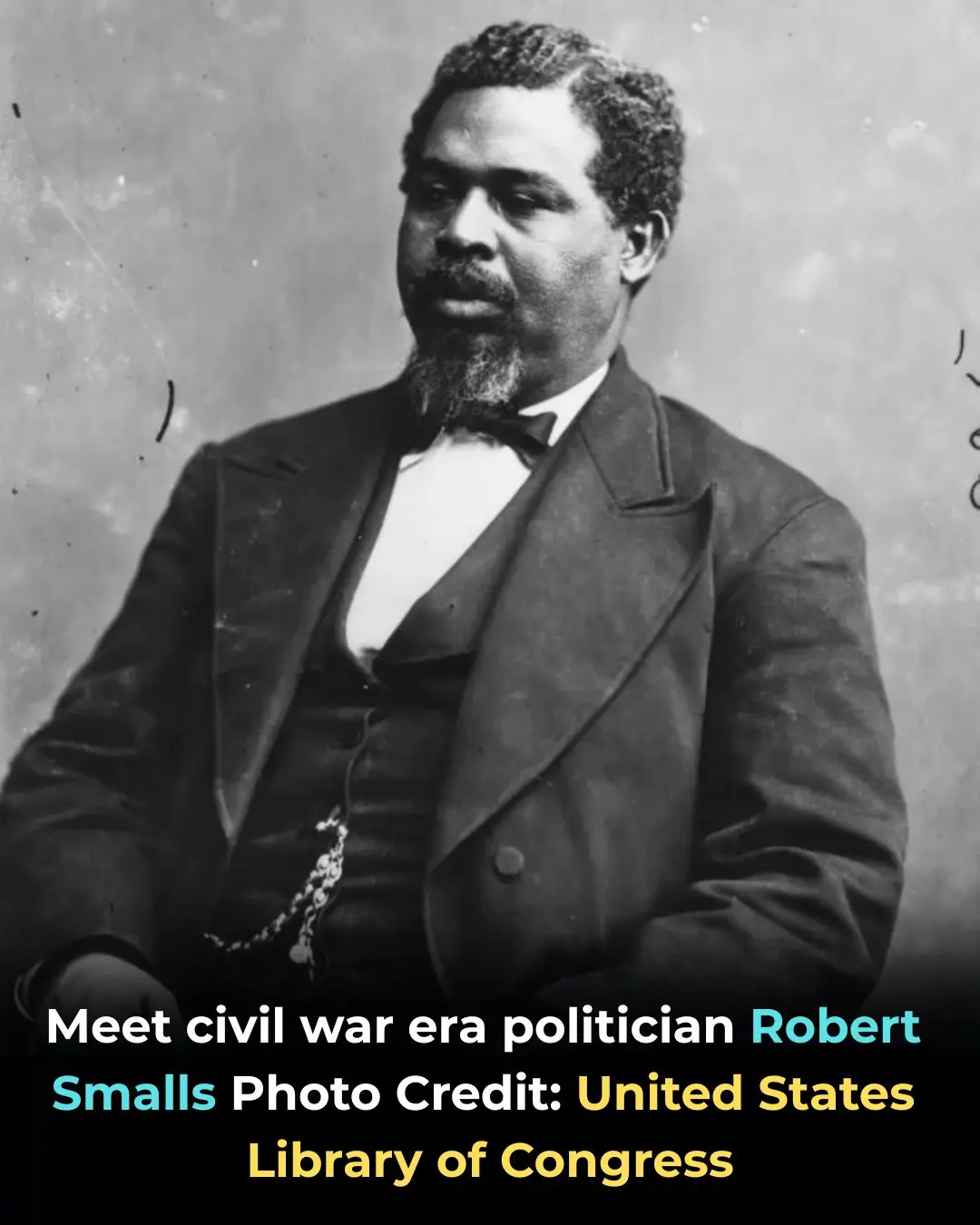
Civil War Era Politician Robert Smalls Becomes First African American to Receive Monument in South Carolina
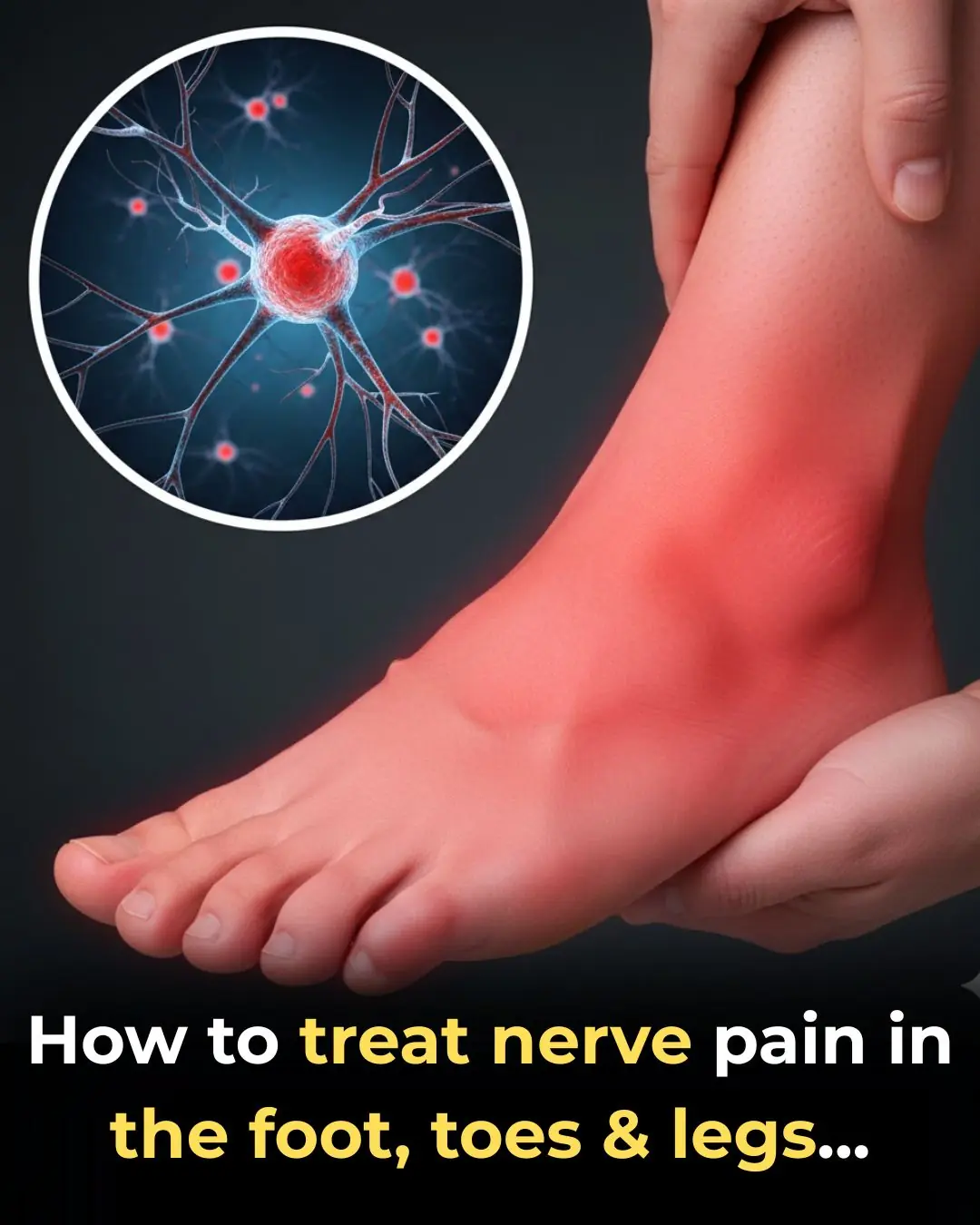
How to treat nerve pain in the foot, toes & legs
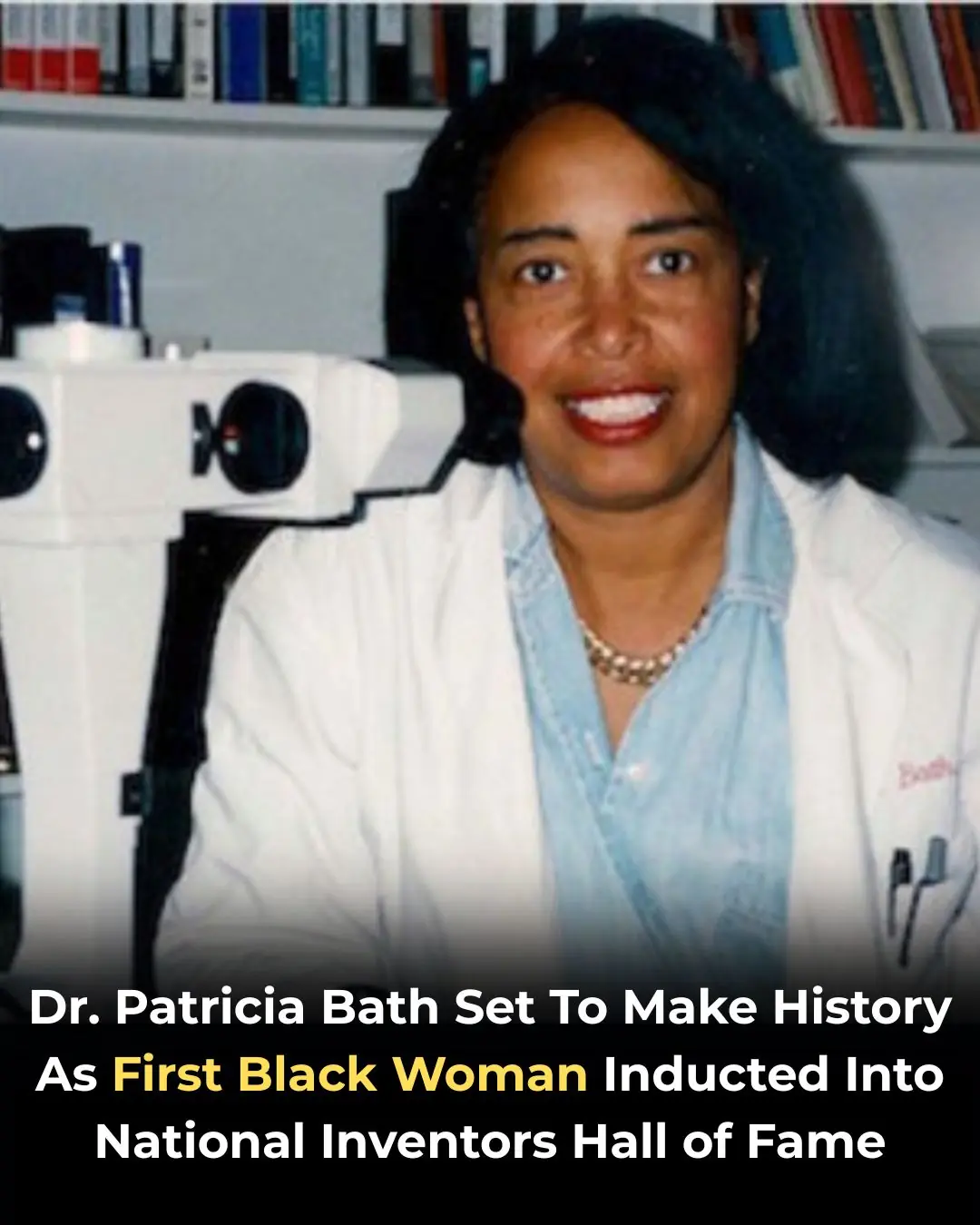
Dr. Patricia Bath Set To Make History As First Black Woman Inducted Into National Inventors Hall of Fame
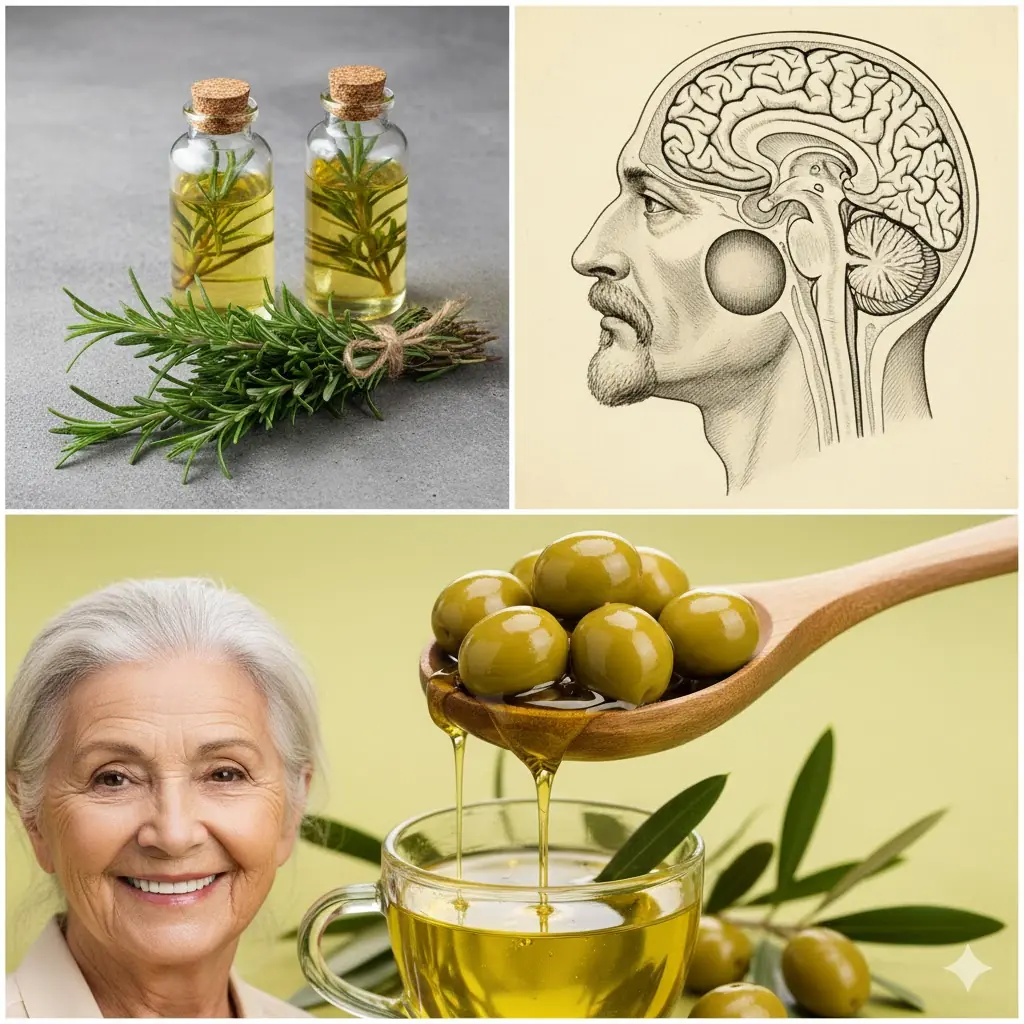
Unlocking the Power of Rosemary Tea: A Natural Elixir for Mind, Body, and Soul

🌌 An Accidental Revolution: How the Search for Black Holes Led to the Invention of Wi-Fi

📈 The $5 Trillion Threshold: NVIDIA Becomes the World’s Most Valuable Company, Reshaping Global Economic Influence
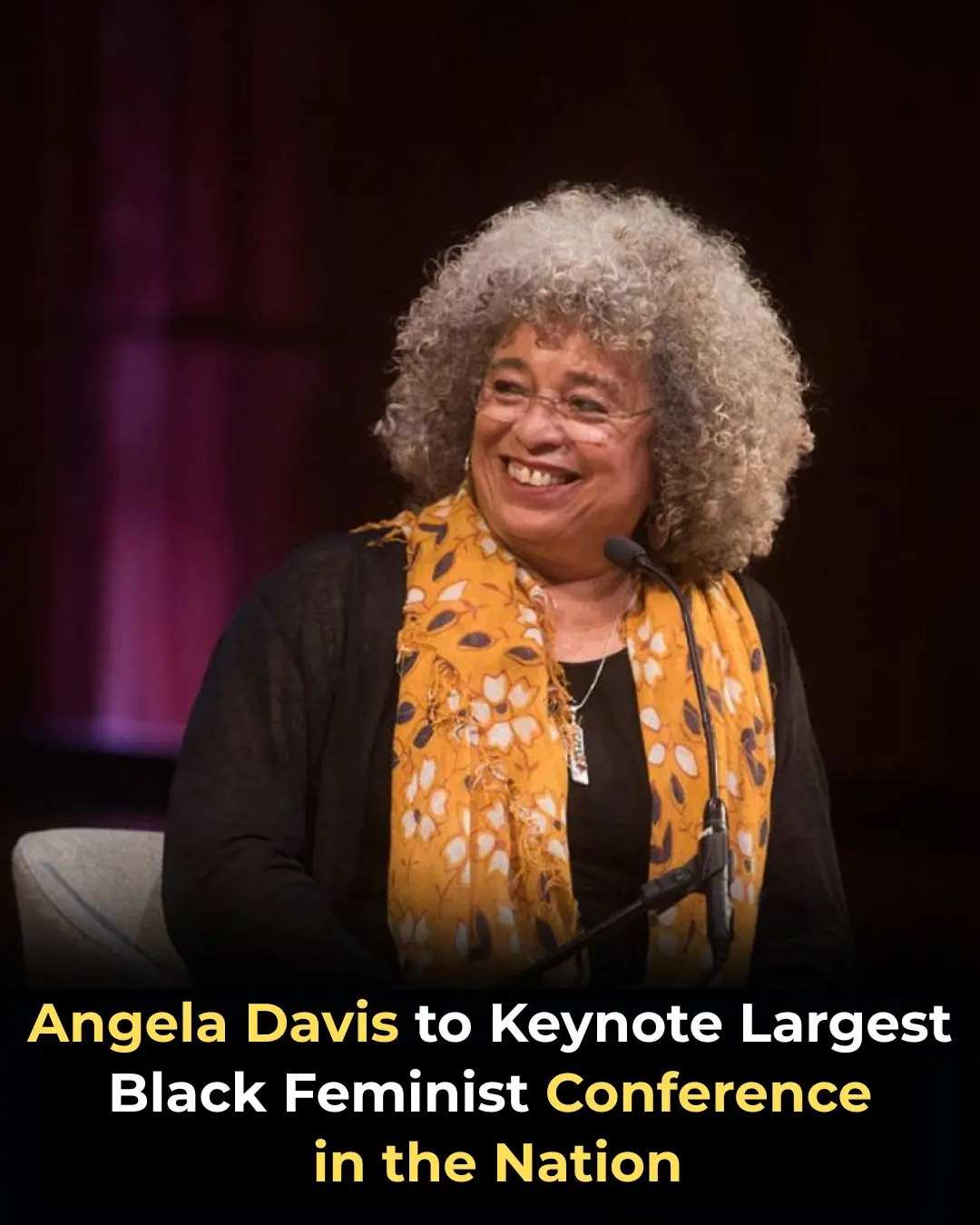
Angela Davis to Keynote Largest Black Feminist Conference in the Nation

🐝 The Silent Threat: Research Links Cell Tower Radiation to Harmful Effects on Honey Bee Health

NYC-Based Events Company Is Creating Spaces to Empower Indy Black Artists Across the East Coast

Why Some Eggs Are Speckled
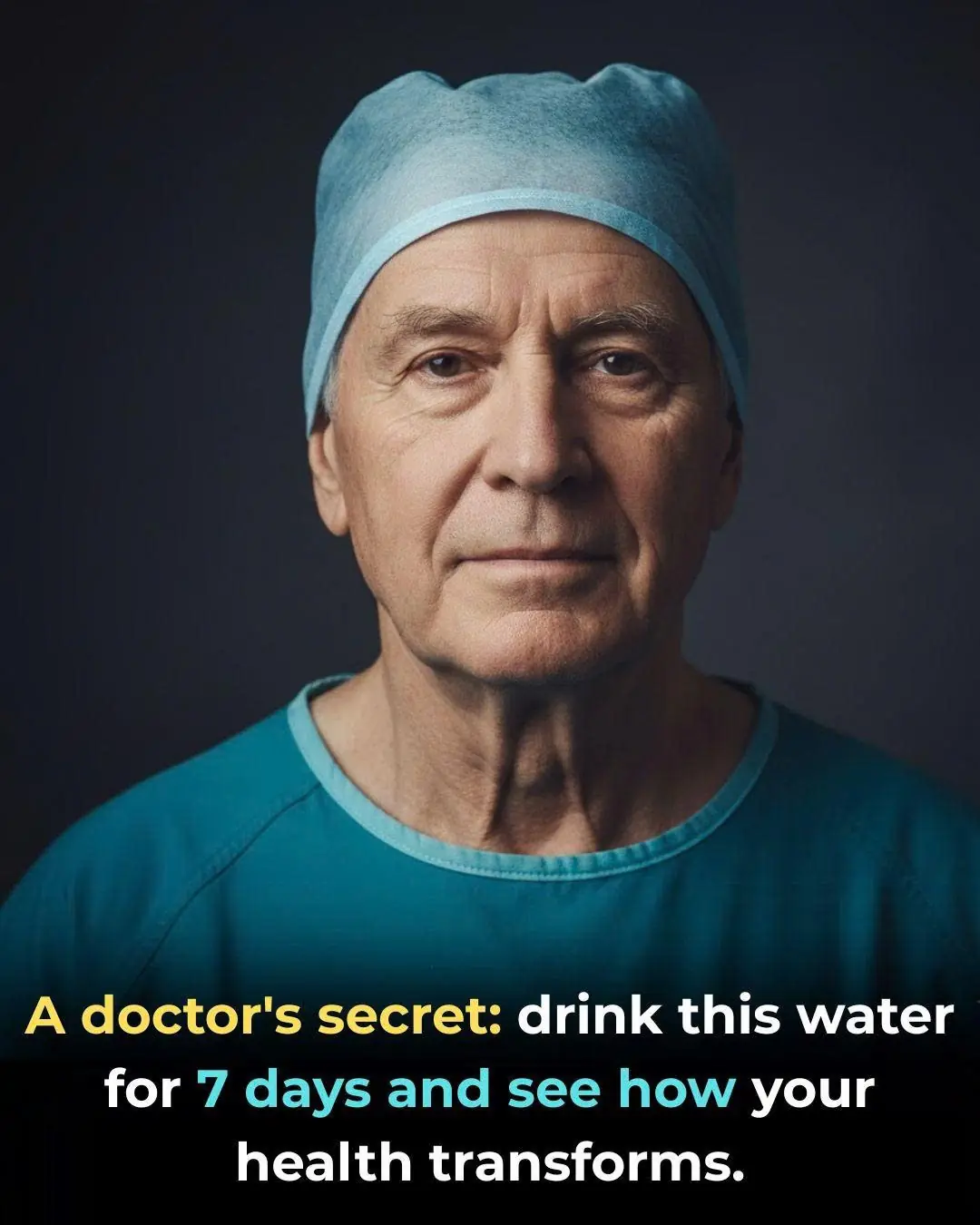
Drinking Water the Right Way
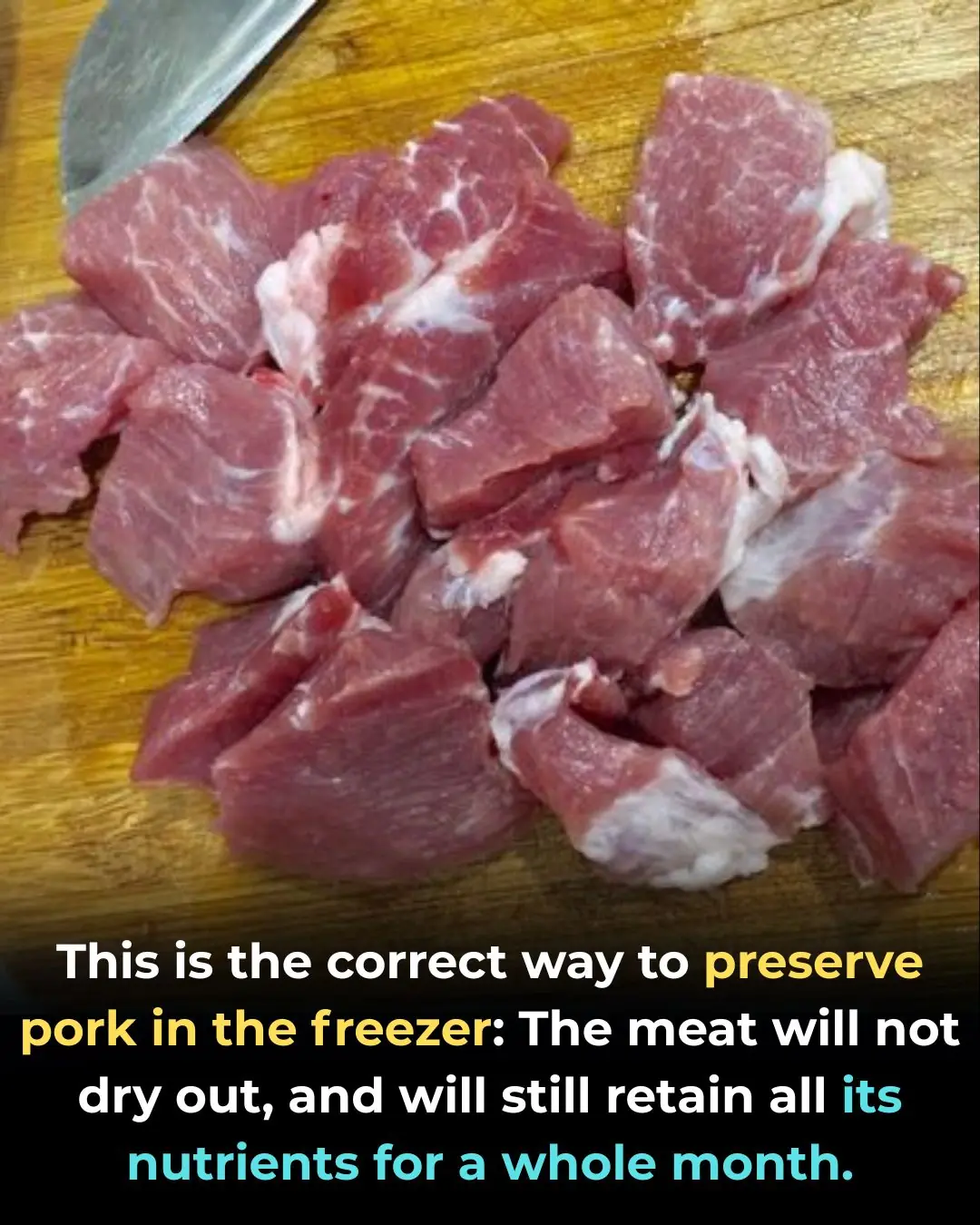
This is the correct way to preserve pork in the freezer: The meat will not dry out, and will still retain all its nutrients for a whole month.
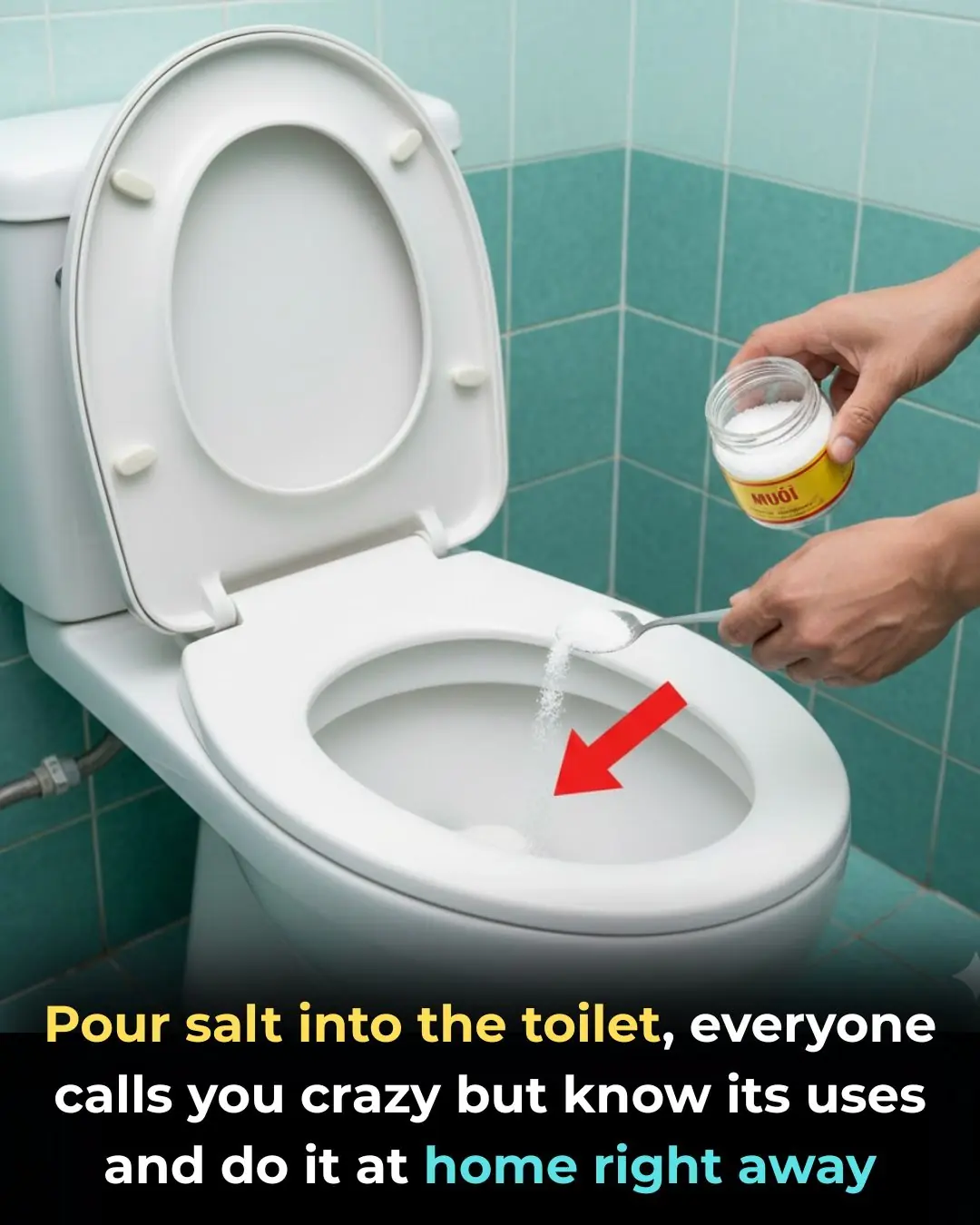
Pour salt into the toilet, everyone calls you crazy but know its uses and do it at home right away

What Are the “Black Triangles” Between Your Teeth
